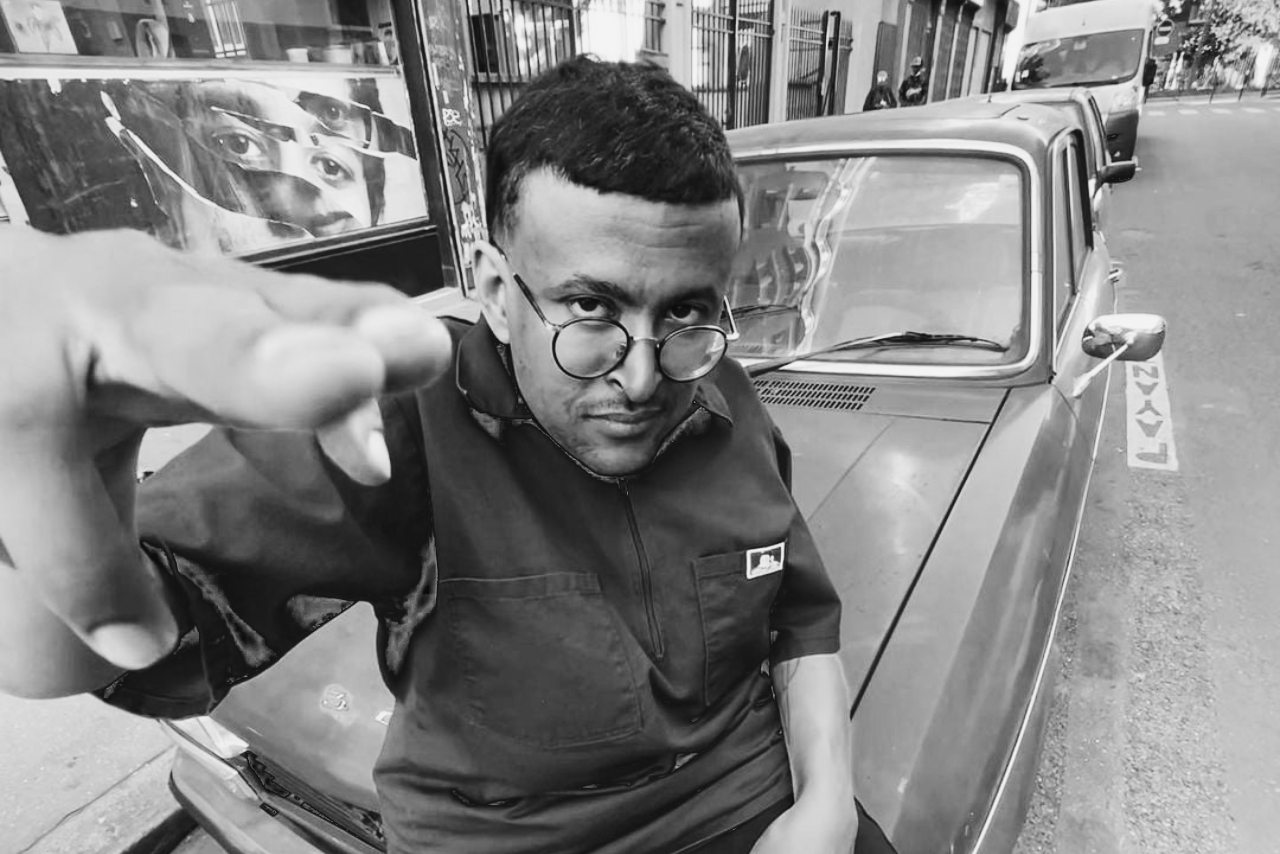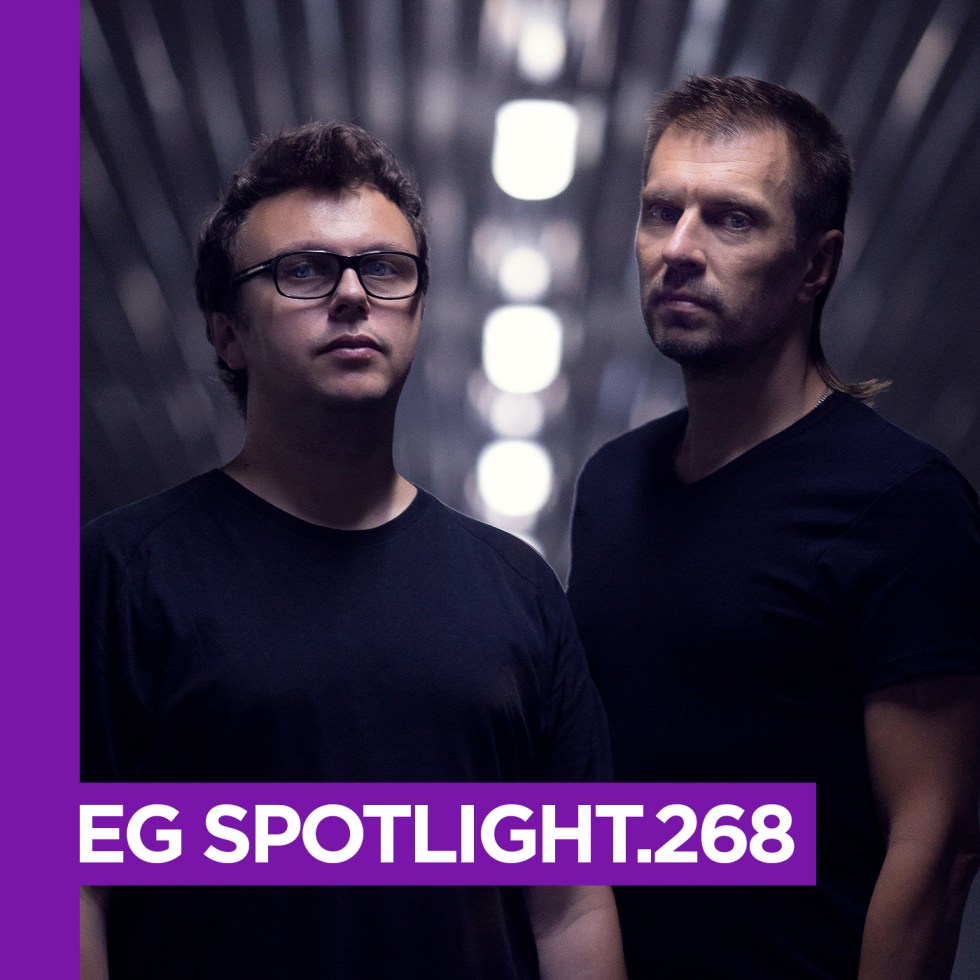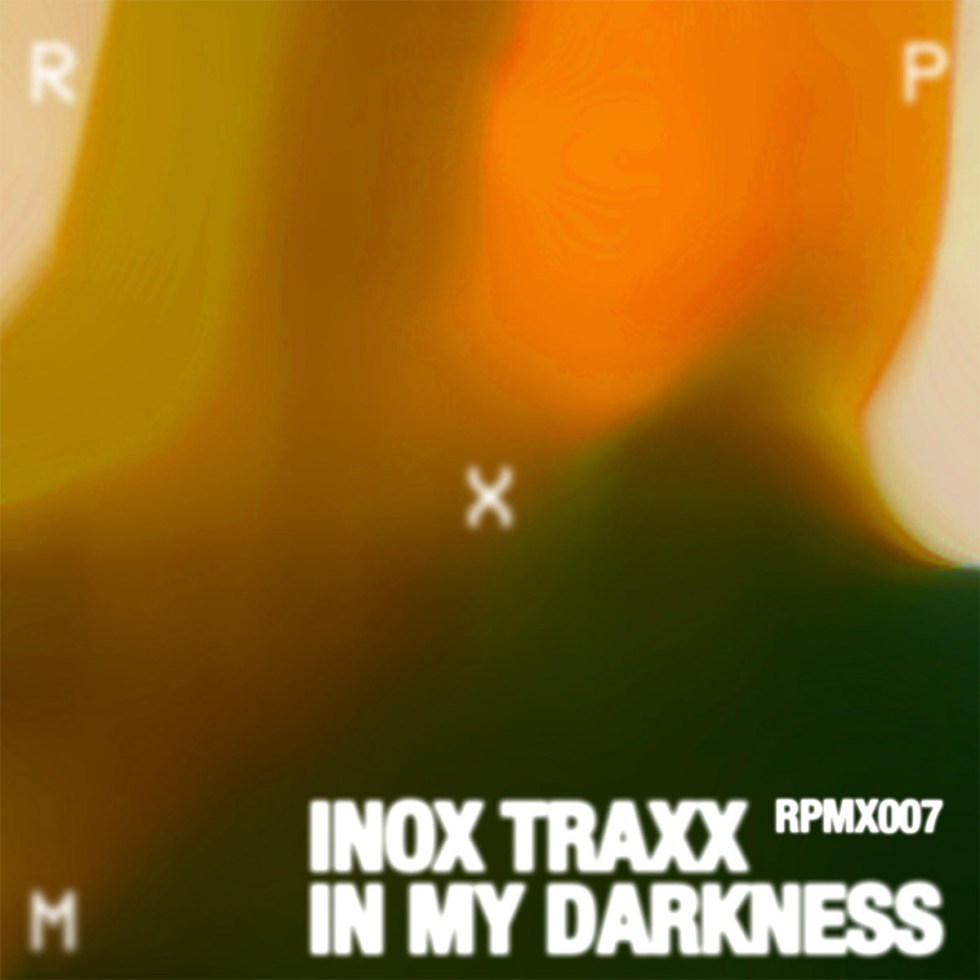
Is clubbing declining on a global scale?
A subtle but unmistakable shift is underway across the avenues of urban nightlife. The vibrant energy that once thrummed through the veins of traditional electronic dance music clubs is now tinged with a sense of evolution, if not transformation. As we explore the shift of socio-cultural, economic, and technological forces shaping contemporary society, the decline of traditional clubbing emerges as a poignant reflection of our changing times.
Photo by Possessed Photography on Unsplash
Within the EDM ecosystem, traditional clubbing has long been revered as a sacred space—a sanctuary where beats intertwine with bodies in ecstatic communion. Yet, beneath the surface of neon-lit dance floors and jet-black basslines, seismic shifts are reshaping the very foundation of our nocturnal ritual.
While specific data points can vary by region and may be challenging to obtain comprehensively, there are indeed studies, surveys, and industry reports that provide insights into the trends mentioned.
Changing Demographics:
Evolving tastes of younger generations: Millennials and Gen Z are drawn to experiences beyond traditional club settings, opting for music festivals, pop-up events, or virtual gatherings.
Increased focus on health and wellness: Heightened awareness of health issues, particularly in light of the COVID-19 pandemic and the rise in tinnitus diagnoses, has led some individuals to prioritize safer and more controlled environments over crowded nightclubs.
Economic Pressures:
Rising operational costs: Rent, licensing fees, security measures, and insurance expenses have escalated, making it challenging for traditional clubs to sustain profitability.
Competition from alternative entertainment options: The proliferation of streaming services, social media platforms, and online gaming has diverted discretionary spending away from clubbing.
Regulatory Challenges:
Stricter noise and safety regulations: Many urban areas have imposed tighter restrictions on nightlife establishments, leading to the closure of iconic clubs or limiting their operational hours.
Licensing issues: Obtaining permits for alcohol sales and hosting events can be arduous and costly, deterring entrepreneurs from entering the nightclub industry.
Evolution of Music Consumption Habits:
Digital revolution: Streaming platforms and digital downloads have changed how people discover and listen to music, making physical clubs less central to music exploration.
Fragmentation of musical tastes: With so many genres available online, club owners struggle to cater to different preferences while maintaining a consistent vibe.
Technological Advancements:
Virtual clubbing experiences: Virtual reality (VR) technology and livestreaming platforms offer immersive alternatives to traditional clubbing, allowing individuals to enjoy DJ sets and interact with fellow enthusiasts from the comfort of their homes.
Integration of AI and automation: Some clubs are incorporating AI-driven systems for crowd management, playlist curation, and even robotic bartenders, reshaping the traditional clubbing experience.
Cultural Shifts:
Decline of mainstream EDM culture: The commercialization and homogenization of EDM have led to disillusionment among purists, prompting them to seek underground or niche venues that preserve authenticity and innovation.
Emergence of alternative nightlife scenes: Art galleries, warehouses, and DIY spaces have become popular spots for experimental electronic music and countercultural movements, attracting those tired of traditional clubbing.
Environmental Concerns:
Sustainability initiatives: Growing awareness of environmental issues has spurred calls for eco-friendly practices within the nightlife industry, prompting some clubs to adopt measures such as renewable energy usage, waste reduction, and carbon offsetting.
In conclusion, the decline of traditional clubbing within our scene reflects a broader paradigm shift in consumer preferences, economic dynamics, and technological advancements.
While challenges persist, opportunities for innovation and reinvention abound, signaling a transformative period for nightlife culture worldwide.
We understand that every ecosystem is different, and each one navigates across its own waters, so we’d like to invite you to participate in the following survey, helping us better understand the global situation.


